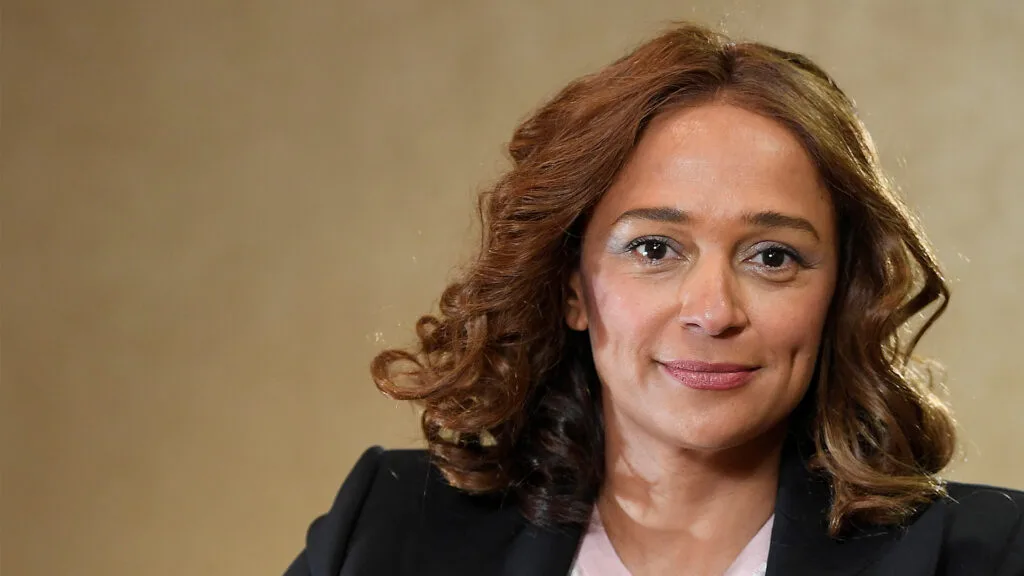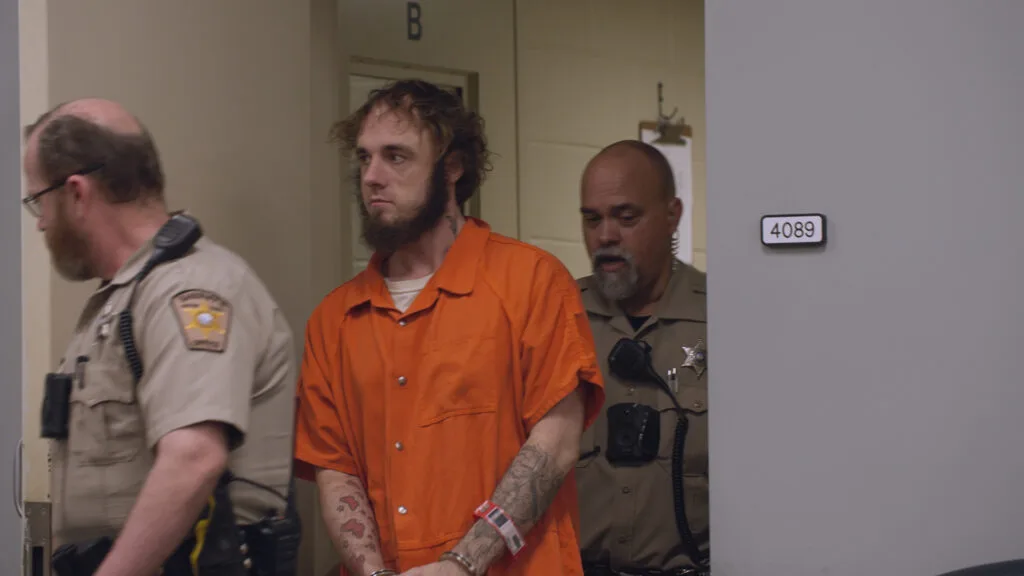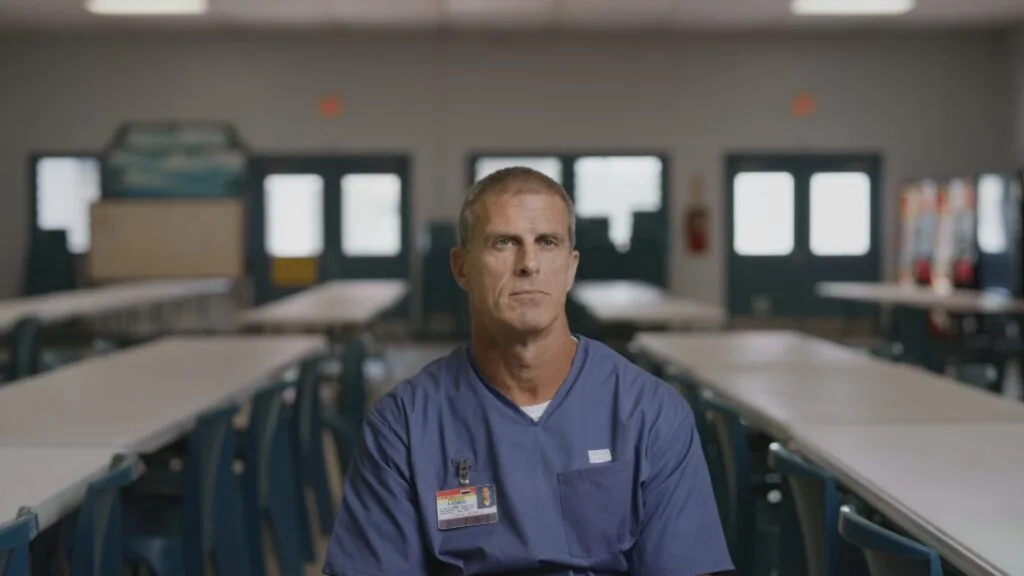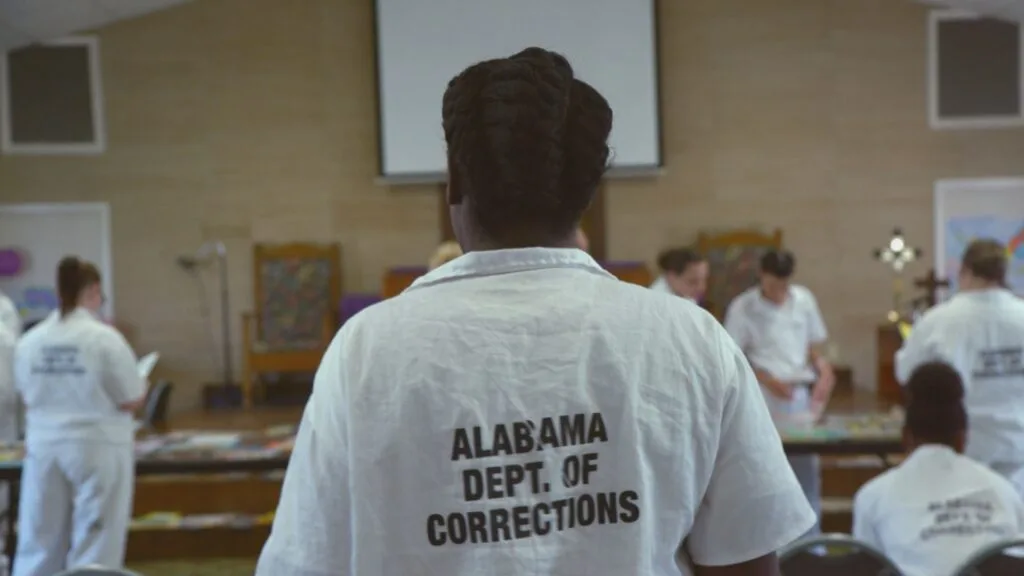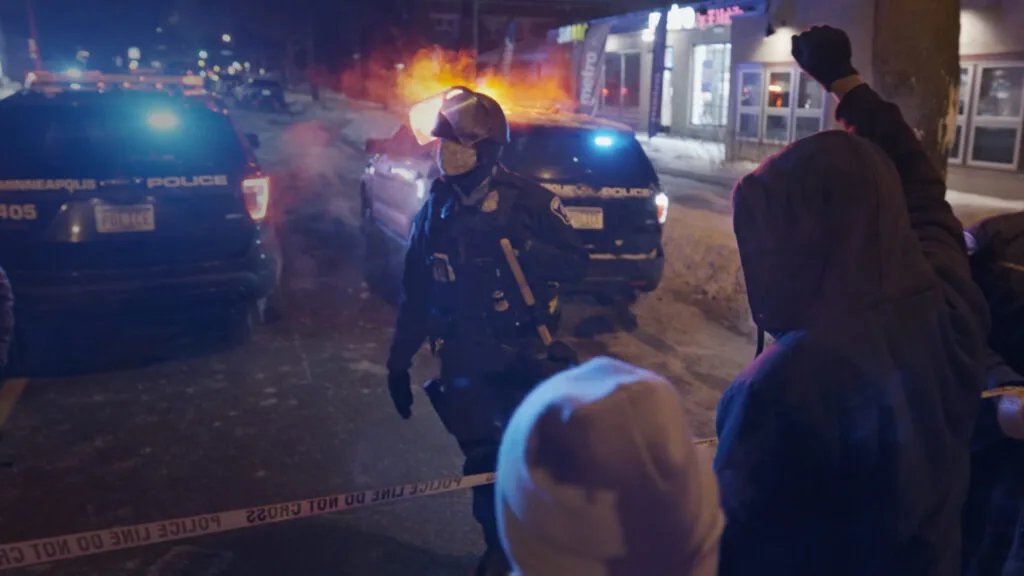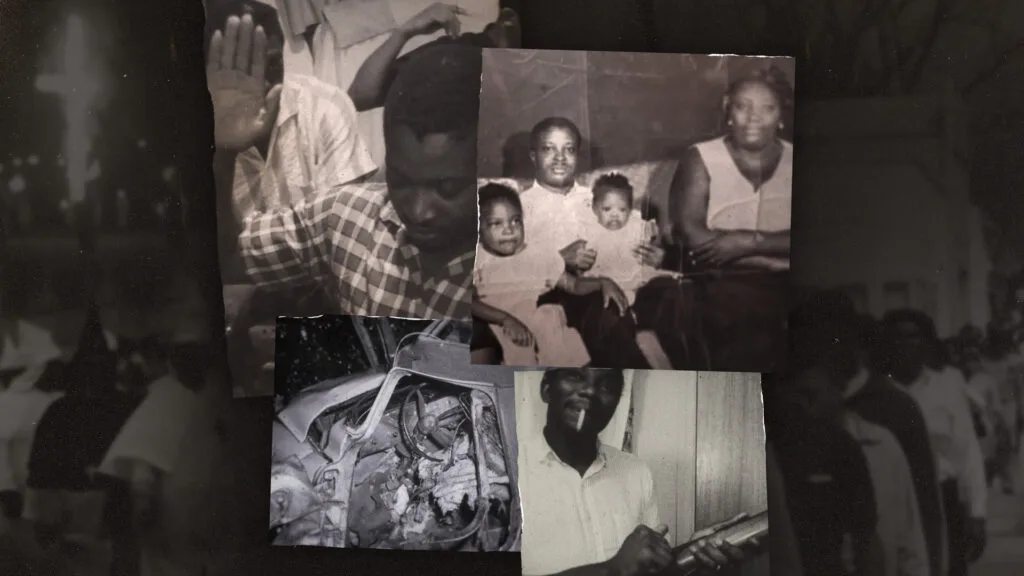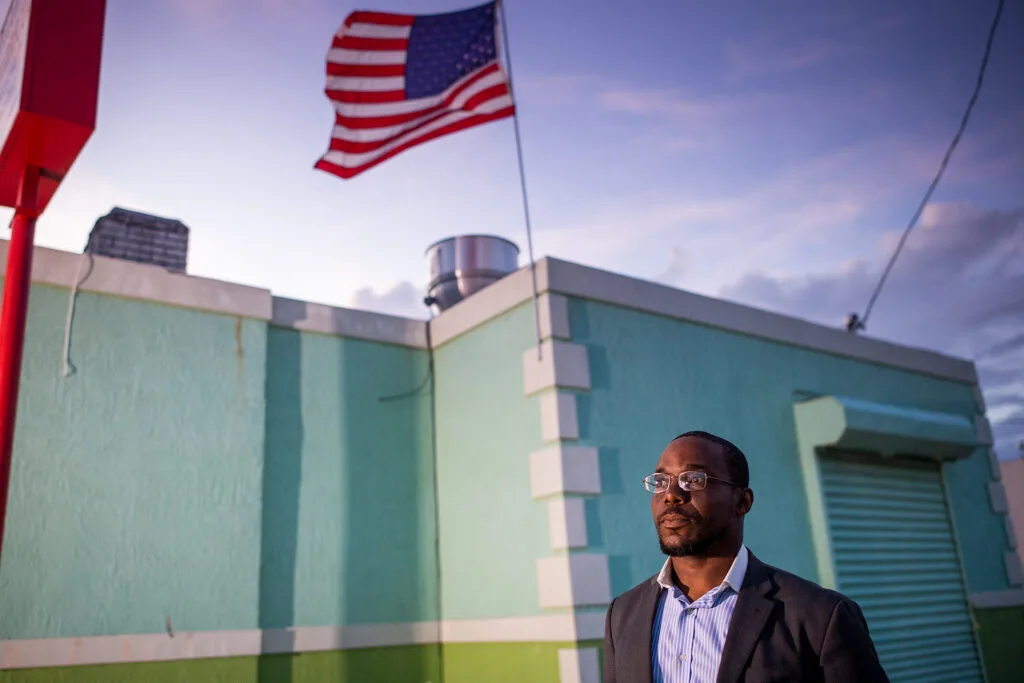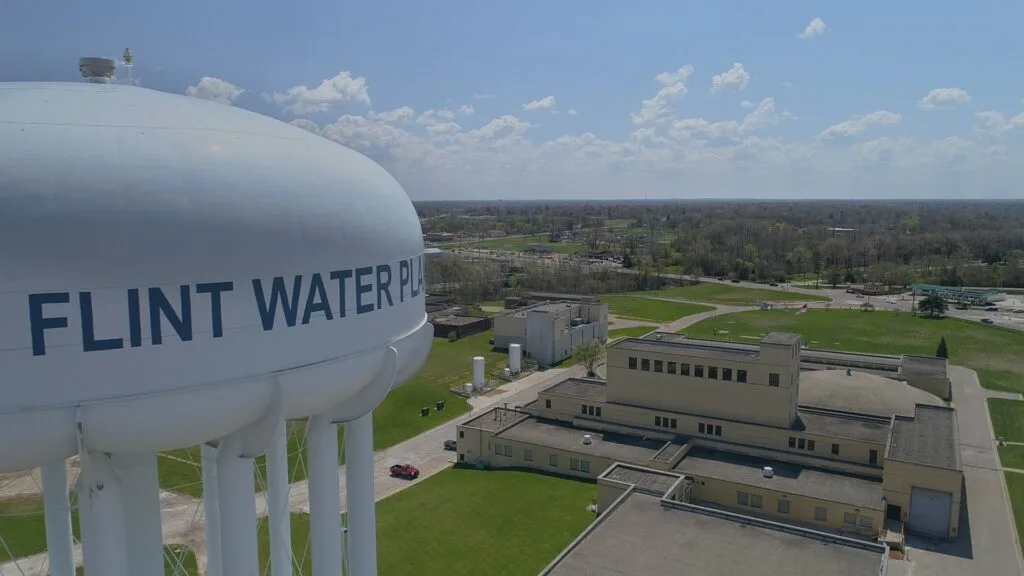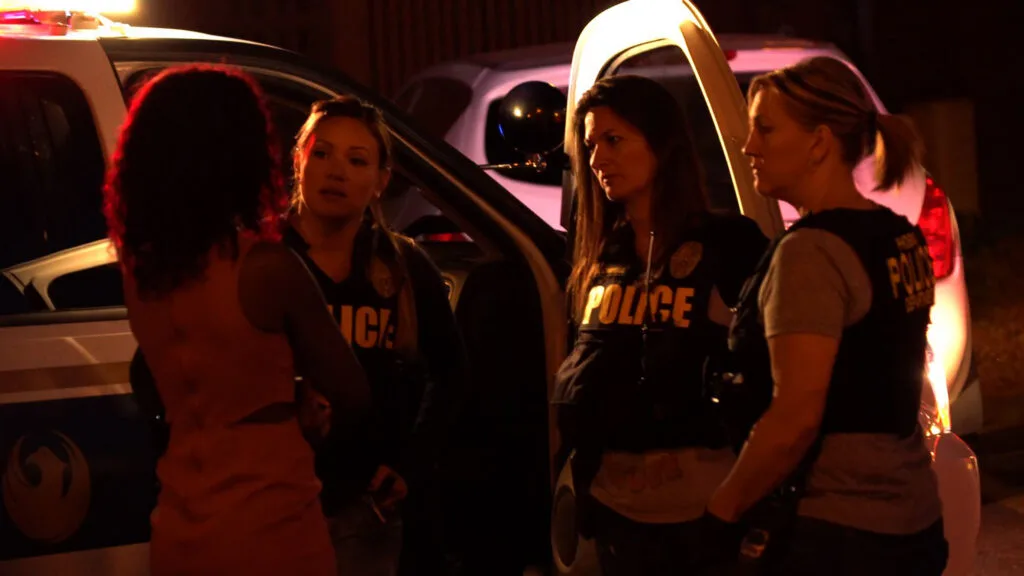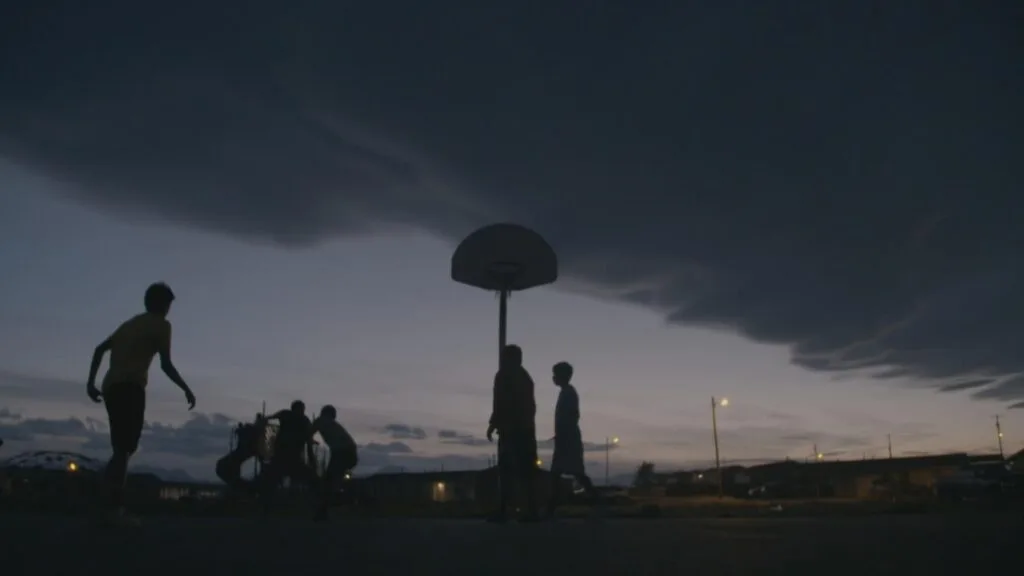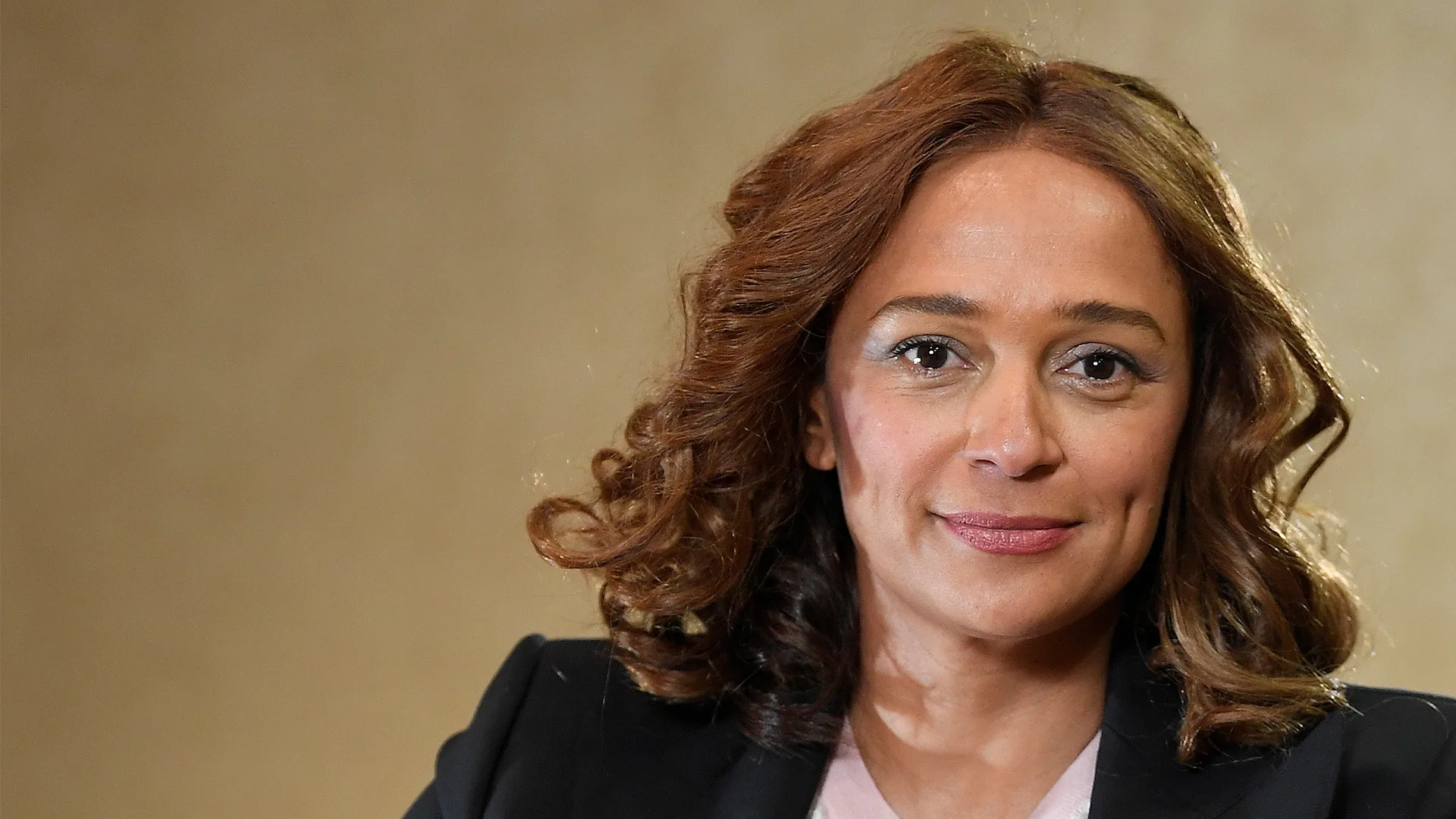Isabel dos Santos, Subject of Luanda Leaks, Barred from U.S. for ‘Significant Corruption’
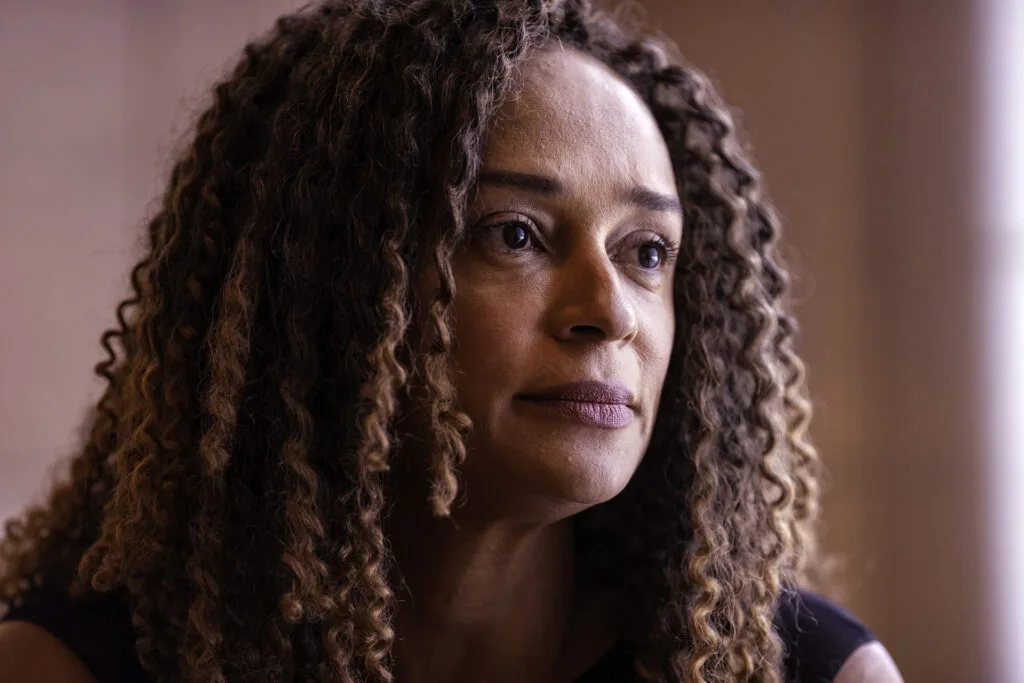
December 10, 2021
Share
Isabel dos Santos was formerly known as Africa’s richest woman.
It has been almost two years since the Luanda Leaks, a worldwide investigation with the International Consortium of Investigative Journalists (ICIJ) and nearly 40 media organizations, including FRONTLINE, examined how she acquired her wealth. This week the U.S. State Department barred dos Santos and her immediate family from entering the country for what it said was “her involvement in significant corruption by misappropriating public funds for her personal benefit.”
The action was announced by U.S. Secretary of State Antony Blinken on Dec. 9, 2021, International Anti-Corruption Day, as part of a broader slate of anti-corruption initiatives. It marks “the first public U.S. response to years of accusations of wrongdoing” against dos Santos, according to ICIJ.
In January 2020, as part of a global effort with ICIJ that drew on a trove of more than 700,000 leaked documents, FRONTLINE aired The Luanda Leaks, a short documentary investigating how dos Santos built a business empire with access to state funds in Angola, one of the poorest countries on earth — and the role U.S. companies played in helping her amass her fortune.
The documentary showed how dos Santos made hundreds of millions of dollars, thanks in part to her father’s longtime control of Angola’s government. José Eduardo dos Santos stepped down in 2017 after 38 years as Angola’s president. The Luanda Leaks aired shortly after Angola’s new government, having received questions from ICIJ, froze Isabel dos Santos’ major assets in an effort to help recoup $1 billion the government said it was owed. Less than a week after the January 2020 publication of a wave of stories from ICIJ, FRONTLINE and other partner news organizations investigating dos Santos’ finances, the Angolan government announced that she would face fraud charges. Other fallout has continued.
Despite a history of favorable deals, dos Santos has denied any wrongdoing, said she made her fortune on her own merit, and described corruption charges levied against her as part of a politically motivated “witch hunt.”
As part of the Luanda Leaks reporting, 120 journalists in 20 countries spent months examining and verifying dos Santos’ leaked financial and business records, revealing a paper trail of how she benefited from her position, and how big-name American accounting and consulting firms helped make it possible.
Stream The Luanda Leaks in FRONTLINE’s online collection of streaming documentaries, in the PBS Video App, on FRONTLINE’s YouTube channel and embedded below.

Related Documentaries
Latest Documentaries
Related Stories
Related Stories
Explore
Policies
Teacher Center
Funding for FRONTLINE is provided through the support of PBS viewers and by the Corporation for Public Broadcasting, with major support from Ford Foundation. Additional funding is provided the Abrams Foundation, Park Foundation, John D. and Catherine T. MacArthur Foundation, Heising-Simons Foundation, and the FRONTLINE Trust, with major support from Jon and Jo Ann Hagler on behalf of the Jon L. Hagler Foundation, and additional support from Koo and Patricia Yuen. FRONTLINE is a registered trademark of WGBH Educational Foundation. Web Site Copyright ©1995-2025 WGBH Educational Foundation. PBS is a 501(c)(3) not-for-profit organization.
